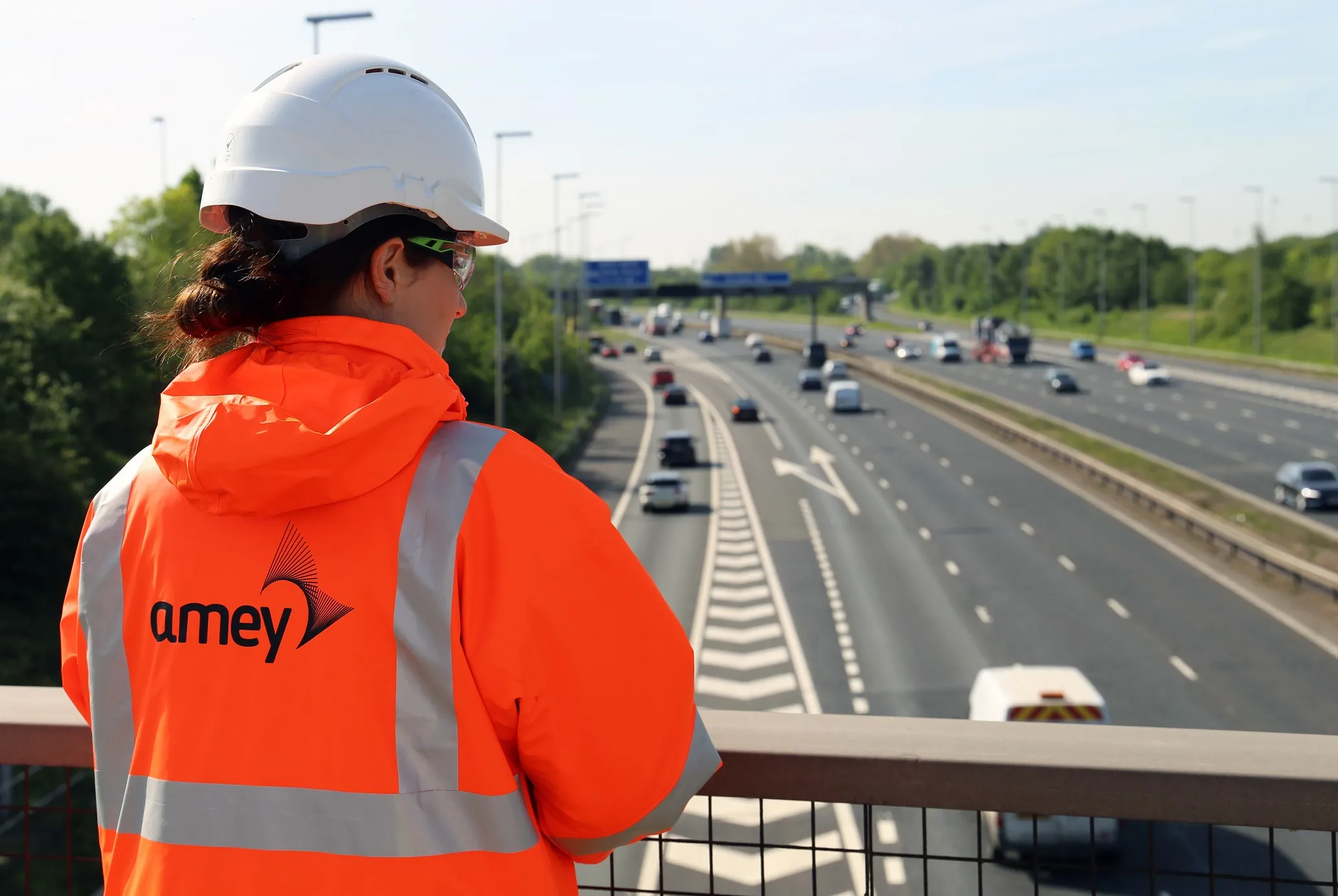Transport for London (TfL) has named Keolis Amey Docklands as the new franchisee of the Docklands Light Railway (DLR) to operate and maintain the network until April 2021, with an option for this to be extended until 2023.
Around 100 million passenger journeys are made on the DLR network annually and this new contract, with a value in excess of US$1.2 million, will commence on 7 December 2014 and will see Keolis Amey Docklands work with TfL to ensure that passengers continue to see improvements to thei
July 10, 2014
Read time: 2 mins
RSS1466 Transport for London (TfL) has named 6546 Keolis 6110 Amey Docklands as the new franchisee of the Docklands Light Railway (DLR) to operate and maintain the network until April 2021, with an option for this to be extended until 2023.
Around 100 million passenger journeys are made on the6782 DLR network annually and this new contract, with a value in excess of US$1.2 million, will commence on 7 December 2014 and will see Keolis Amey Docklands work with TfL to ensure that passengers continue to see improvements to their service. The DLR is already one of the highest performing networks in the country with train punctuality regularly above 99 per cent.
The focus for the new franchise will therefore be to maintain this performance in the context of delivering more services to meet growing demand in east London.
TfL’s managing director of London Underground and Rail, Mike Brown, said: “The DLR is a rail network that continues to support regeneration across a huge area of London and the economic growth of the city as a whole. Its connectivity with the rest of the transport network, and its potential to connect jobs and unlock opportunities, is also set to increase further when we start to operate the Crossrail services that will interchange with it in a few years’ time. The decision to appoint Keolis Amey Docklands was reached after a thorough and competitive procurement process, which will ensure the DLR continues to deliver an ever-improving high quality, value for money service for Londoners well into the future. I would also like to thank Serco for their support since 1997 in helping make the DLR the success story it is today.”
Around 100 million passenger journeys are made on the
The focus for the new franchise will therefore be to maintain this performance in the context of delivering more services to meet growing demand in east London.
TfL’s managing director of London Underground and Rail, Mike Brown, said: “The DLR is a rail network that continues to support regeneration across a huge area of London and the economic growth of the city as a whole. Its connectivity with the rest of the transport network, and its potential to connect jobs and unlock opportunities, is also set to increase further when we start to operate the Crossrail services that will interchange with it in a few years’ time. The decision to appoint Keolis Amey Docklands was reached after a thorough and competitive procurement process, which will ensure the DLR continues to deliver an ever-improving high quality, value for money service for Londoners well into the future. I would also like to thank Serco for their support since 1997 in helping make the DLR the success story it is today.”








